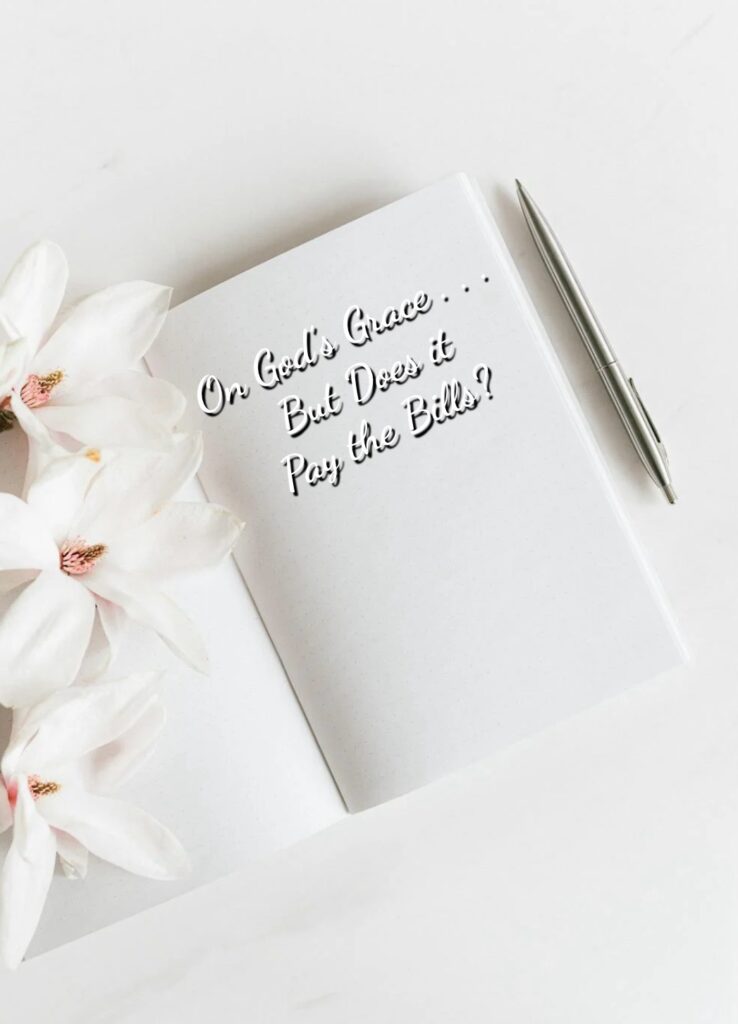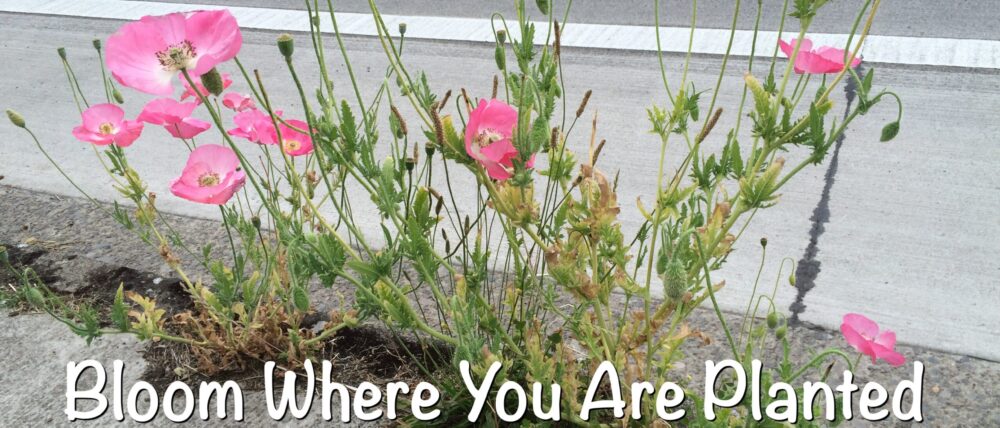
grace: n. God-given help or kindness
sufficient: adj. enough to meet the needs of a situation or a proposed end
The day began as it often does. A thought placed in my mind before I fully awaken and have the chance to give valid consideration to anything. I’m usually half asleep.
The scenario reminds me of one of those news tickers, a “crawler” that shows up on the bottom of a television screen, moving slowly as it silently announces headlines.
Continue reading
